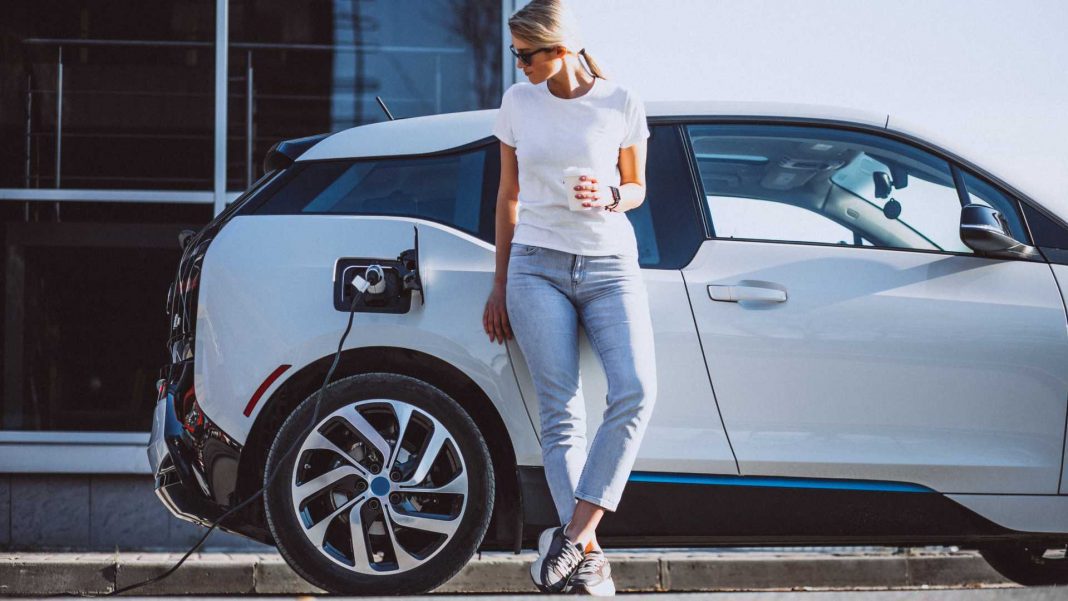The past few days have been busy with news stories and announcements from within and about the auto industry. Although electrified models continue to be a hot topic, their news has been tempered by other government meetings and statements by carmakers that indicate the future may not be all about electric – at least, not as soon as it has looked.
Indecision on electrification at G7 Summit
The G7 Summit in Carbis Bay, UK discussed a draft proposal regarding pledges by the seven nations to adopt guidelines on electric vehicle usage. The reported goal was a “majority” of new cars sold to be all-electric by 2030. However, at that summit, plans to help the developing world reduce or phase out dependency on fossil fuels fell short and the wording about electrification in the White House brief fell short of any actual target. It leaves the future of EV adoption in G7 nations much less focused than expected for the current decade.
Toyota leaving powertrain options open
The next 30 years of vehicles will be fueled by more than just electricity at Toyota. At Wednesday’s shareholder meeting, Toyota’s director Shigeki Terashi said “it’s too early to concentrate on one option” when asked why Toyota is taking a looser approach to EV targets. He said the world’s largest carmaker is evaluating “the whole lifecycle” when looking at the goal of lowering carbon emissions including production, use, and end-of-life disposal.
Toyota’s Chief Technology Officer Masahiko Maeda said, “Some people love battery-electric vehicles but others don’t see the current technologies as convenient. In the end, what matters is what customers choose.”
Polestar 3 to be built on US soil
The premium electric car brand from Sweden, Polestar, announced Wednesday that the Polestar 3 SUV would be built in the United States alongside new Volvos in Ridgeville, South Carolina. The commitment demonstrates the close ties that Americans have with premium SUVs, and Polestar plans to have 25 retail locations they call “Spaces” in the country by the end of this year.
“Polestar 3 will be built in America, for our American customers,” says Thomas Ingenlath, Polestar’s Chief Executive Officer. “I remember the great response when I first shared Polestar’s vision here in the USA and I am proud that our first SUV will be manufactured in South Carolina. From now on, the USA is no longer an export market but a home market.”
Polestar COO Dennis Nobelius pointed out that production in the US will reduce costs and lower delivery times, helping the brand be more competitive.
Lincoln to introduce four EVs by 2030
Ford’s premium brand is eyeing 2030 as a target for four all-electric models in the lineup. The first model is set to be released next year for Lincoln’s centennial anniversary, and Lincoln’s vision of “Quiet Flight” design will be a perfect fit for EVs.
However, Lincoln is not committing to being all-electric as a car company by 2030. Ford Motor Company has pledged that 40% of their vehicles will be all-electric by the end of the decade, and Lincoln’s limited lineup will likely follow the same model.
Currently, Lincoln offers two plug-in hybrid models, the Aviator and the Corsair coming later this year.
General Motors spending more on electrification
GM has increased its commitment to both EV and autonomous vehicle technology development to $35 billion US through 2025. That’s an increase of 75% over their expected spending prior to the start of the pandemic. One component of the investment is building two new battery plants in the US within the next few years in addition to the two under construction in Ohio and Tennessee.
With the investment, GM aims to have 1 million EV sales by 2025. Chairwoman and CEO Mary Barra said, “We are investing aggressively in a comprehensive and highly-integrated plan to make sure that GM leads in all aspects of the transformation to a more sustainable future. GM is targeting annual global EV sales of more than 1 million by 2025, and we are increasing our investment to scale faster because we see momentum building in the United States for electrification, along with customer demand for our product portfolio.
“There is a strong and growing conviction among our employees, customers, dealers, suppliers, unions, and investors, as well as policymakers, that electric vehicles and self-driving technology are the keys to a cleaner, safer world for all.”
Did you enjoy this article from Jason Unrau? Please share your thoughts, comments, or questions regarding this topic by submitting a letter to the editor here, or connect with us at newsroom@cbtnews.com.
Be sure to follow us on Facebook and Twitter to stay up to date or catch-up on all of our podcasts on demand.
While you’re here, don’t forget to subscribe to our email newsletter for all the latest auto industry news from CBT News.









